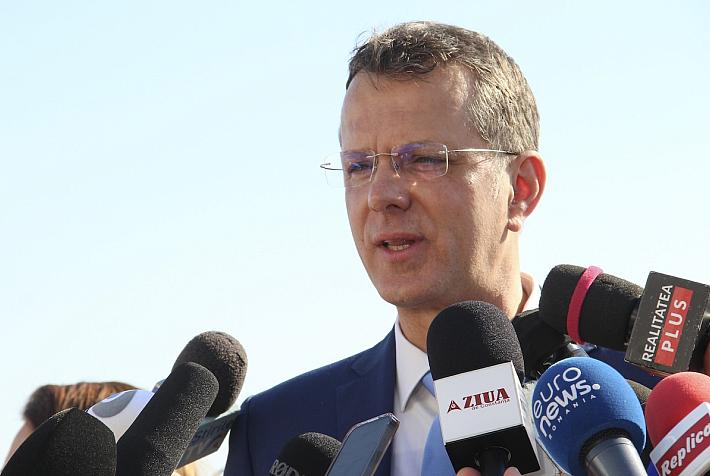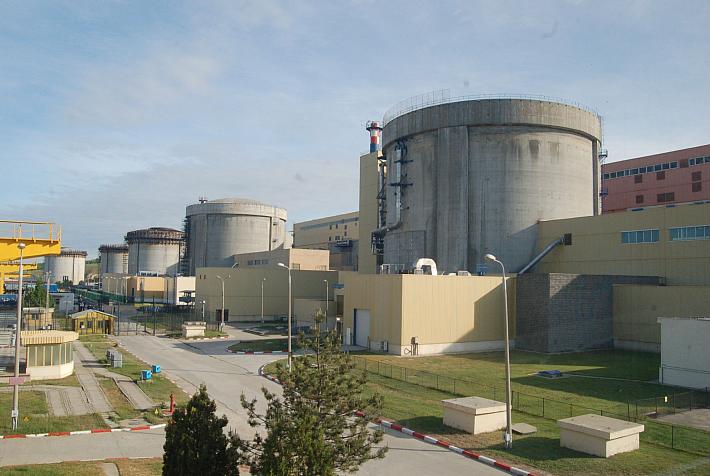Romanian companies expanded their employee base but not salaries in 2023

After salary increases of 10-15% in almost all fields of activity in 2022, this year Romanian companies expanded their teams but did not keep the same pace of salary increases, according to Romanian recruitment platform eJobs.
Nearly 315,000 new jobs were posted on recruitment website eJobs.ro in 2023.
"The fact that over 300,000 new jobs posted in a year that wasn't exactly the most economically stable doesn't mean it's insignificant, even though there is a slight decrease compared to last year. However, the number of job applications has increased by 10%, reaching nearly 9 million from January until now. In such a dynamic environment, employers no longer felt the need to increase salaries across the board," says Roxana Drăghici, head of sales at eJobs.
According to data from Salario, eJobs' salary comparator, the counties with the highest salaries this year were Bucharest, with an average net salary of RON 5,000 (EUR 1,000); Timiș, with RON 4,700 (EUR 945); Cluj, with RON 4,500 (EUR 905); and Ilfov, Iași, Brașov, and Sibiu with RON 4,000 (EUR 804). Other counties where the average net salary exceeds RON 3,500 net are Bihor (3,950), Prahova (3,800), Argeș (3,800), and Alba (3,800).
On the other end of the ranking, there are counties like Vâlcea, Ialomița, and Gorj, where the average net salary is RON 3,200 (EUR 644) per month, or Caraș – Severin and Vaslui (RON 3,100 or EUR 623).
"Unlike last year, this year we no longer see any county with an average salary below RON 3,000 per month, even though there are areas where most candidates qualify for entry-level jobs, which naturally have lower salaries," explains Roxana Drăghici.
The fields with the most open positions in these counties are retail, services, tourism, and the food industry.
When it comes to the industries that offer the highest salaries, IT continues to rank first, with an average net salary of RON 6,500 per month. Those working in project management occupy the second position, with an average salary of RON 6,000, according to Salario data.
Employees in construction and installations earn an average of RON 5,000 per month. The same average applies to those in audit/consulting and petroleum/gas. In engineering, the average is RON 4,800 net, in telecom 4,400, and in banking 4,000.
"In all fields of activity, employees' salary expectations exceed the actual salaries by approximately 25% - 30%. The biggest discrepancy, however, is seen in the naval/aeronautics industry – RON 4,500, the actual average vs. RON 6,500, candidates' expectations, a difference of 44%; agriculture (43%), where the average net salary is RON 4,200, but candidates' expectations rise to 6,000, and for public positions (43%): 4,200 vs. 6,000," explains Roxana Drăghici.
The smallest differences, on the other hand, are in sectors like audit/consulting, where candidates have expectations 20% higher than what employers offer.
Currently, on eJobs.ro, the largest recruitment platform in Romania, there are over 27,000 job vacancies available. Over 600,000 specialists have entered their incomes into Salario, eJobs' salary comparator, so far.
(Photo source: Fizkes | Dreamstime.com)












